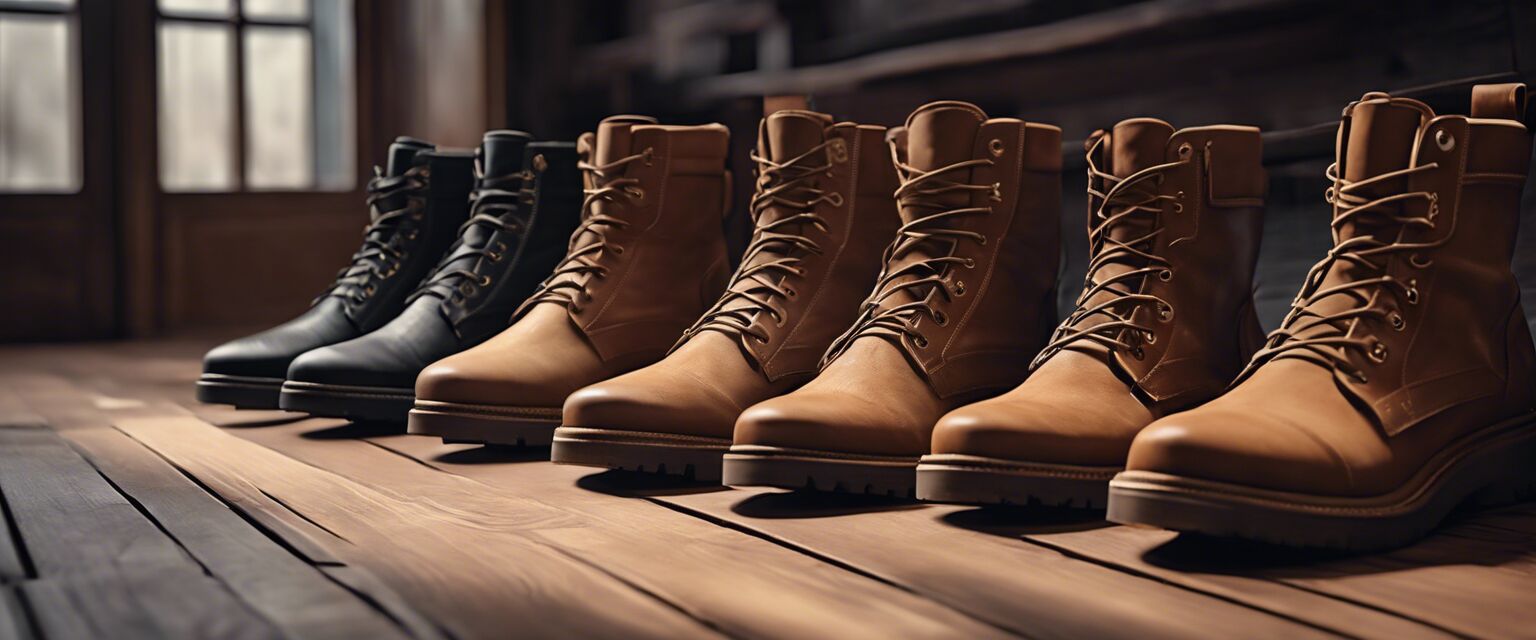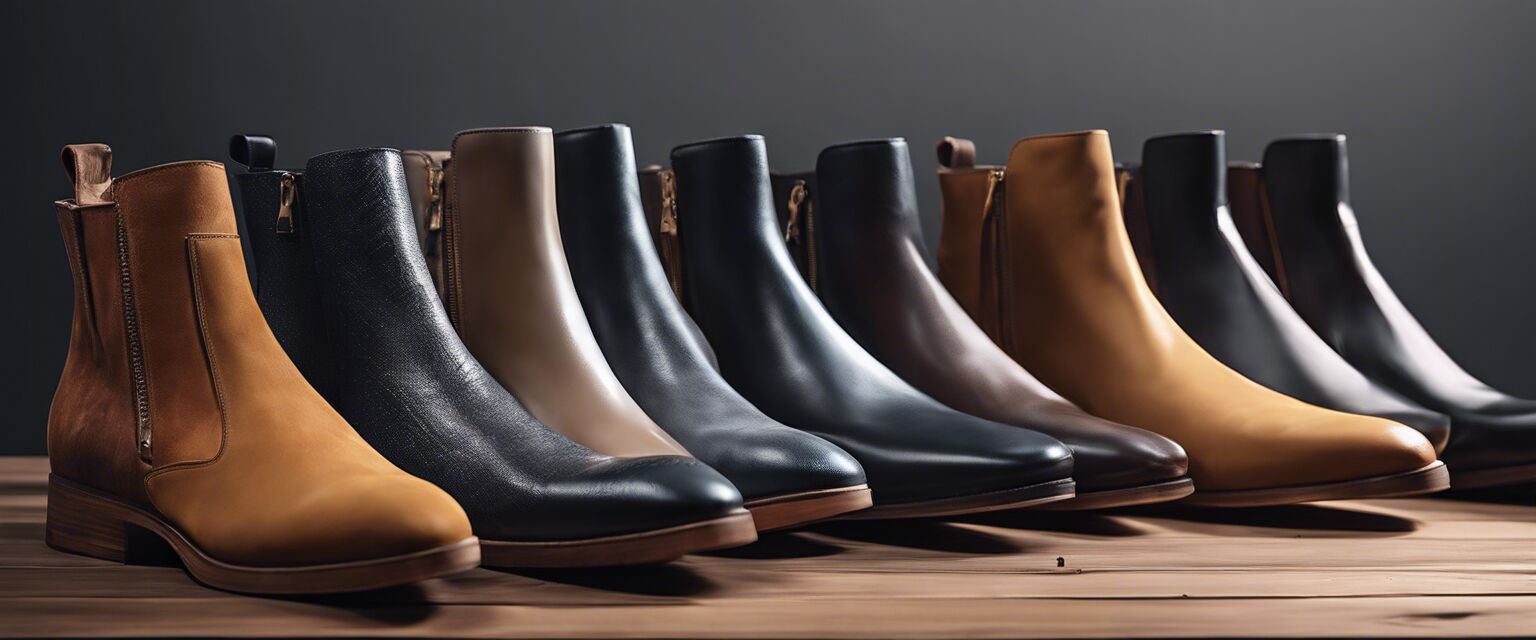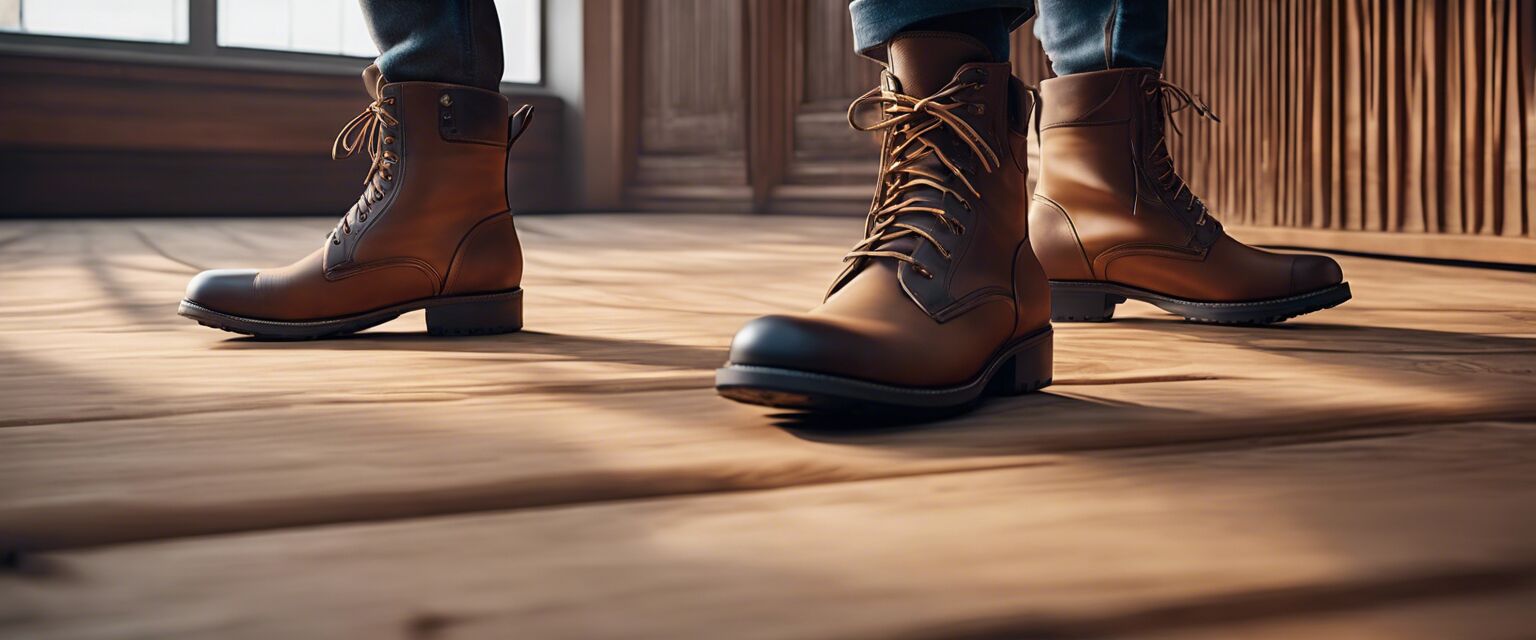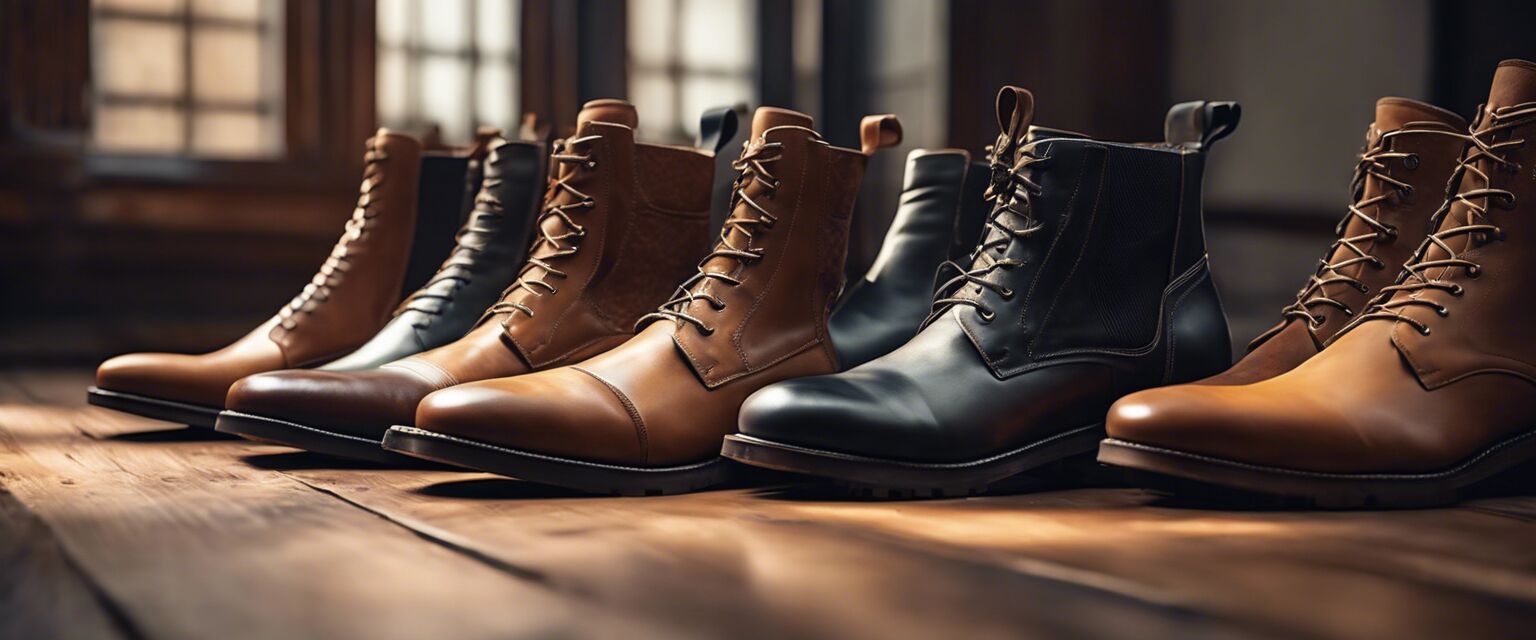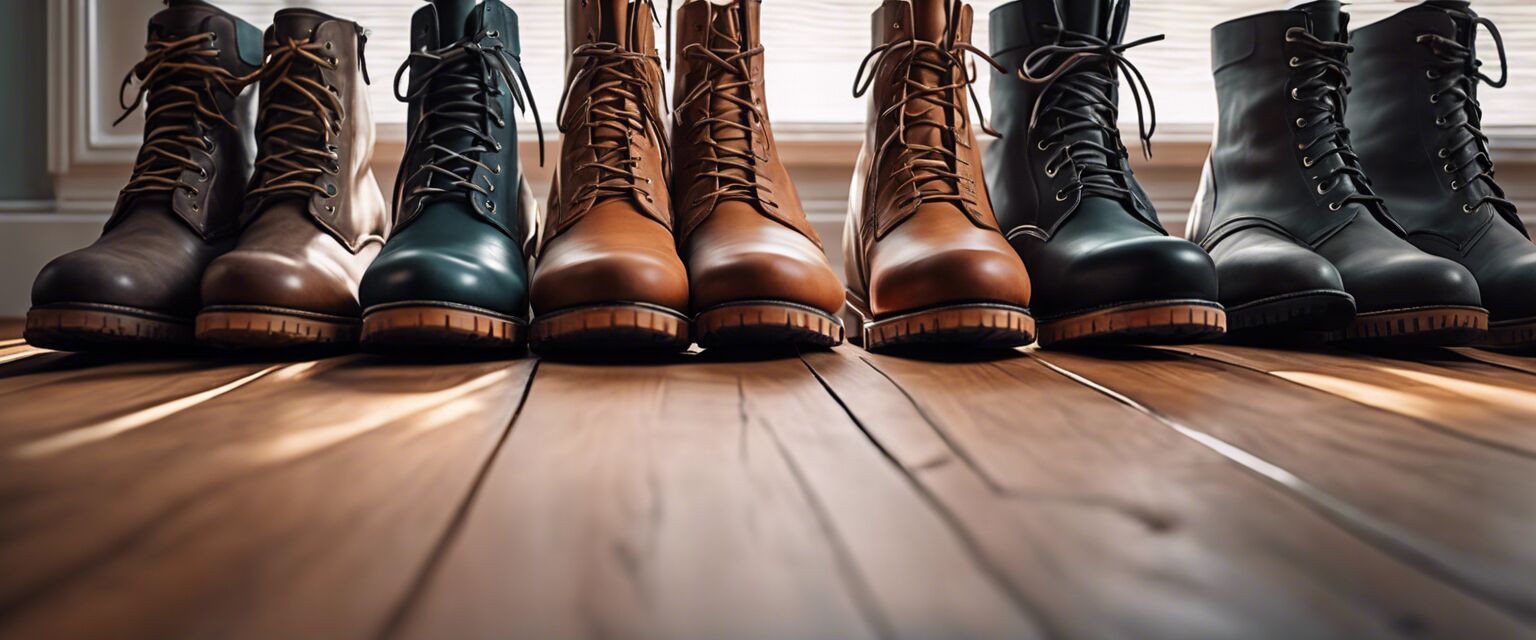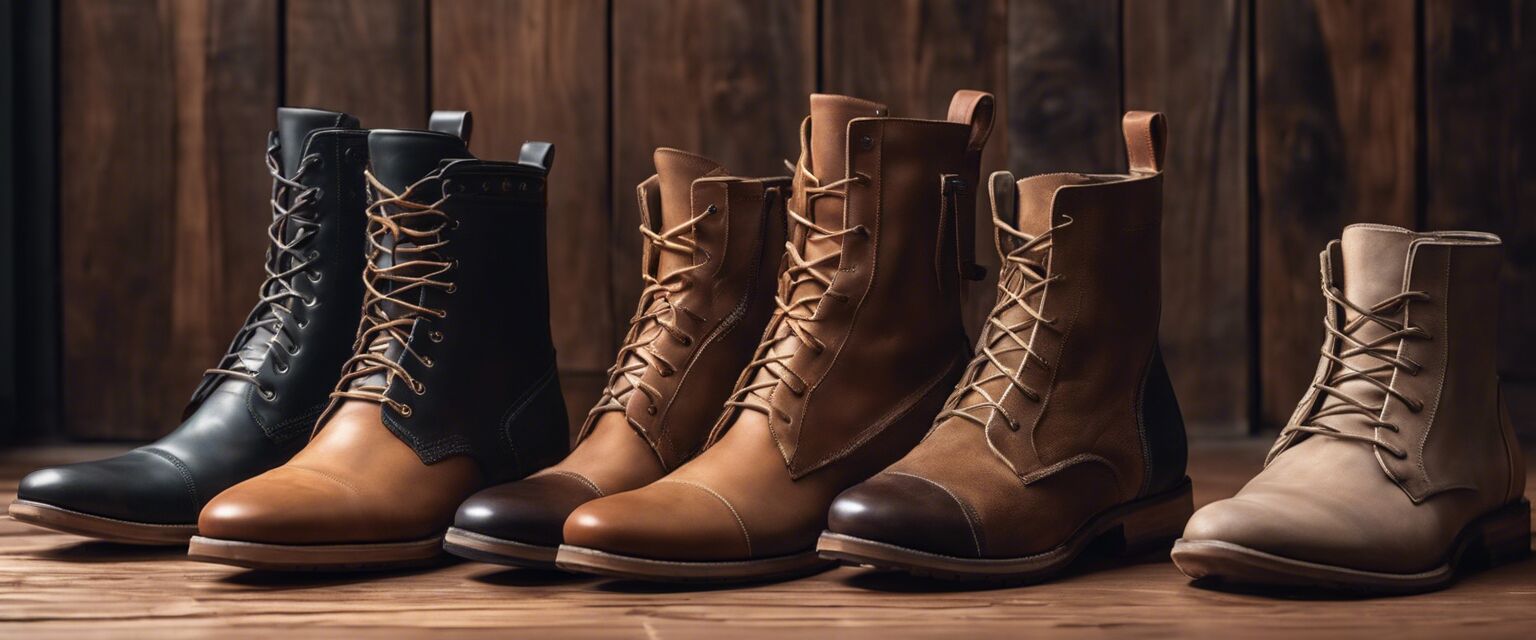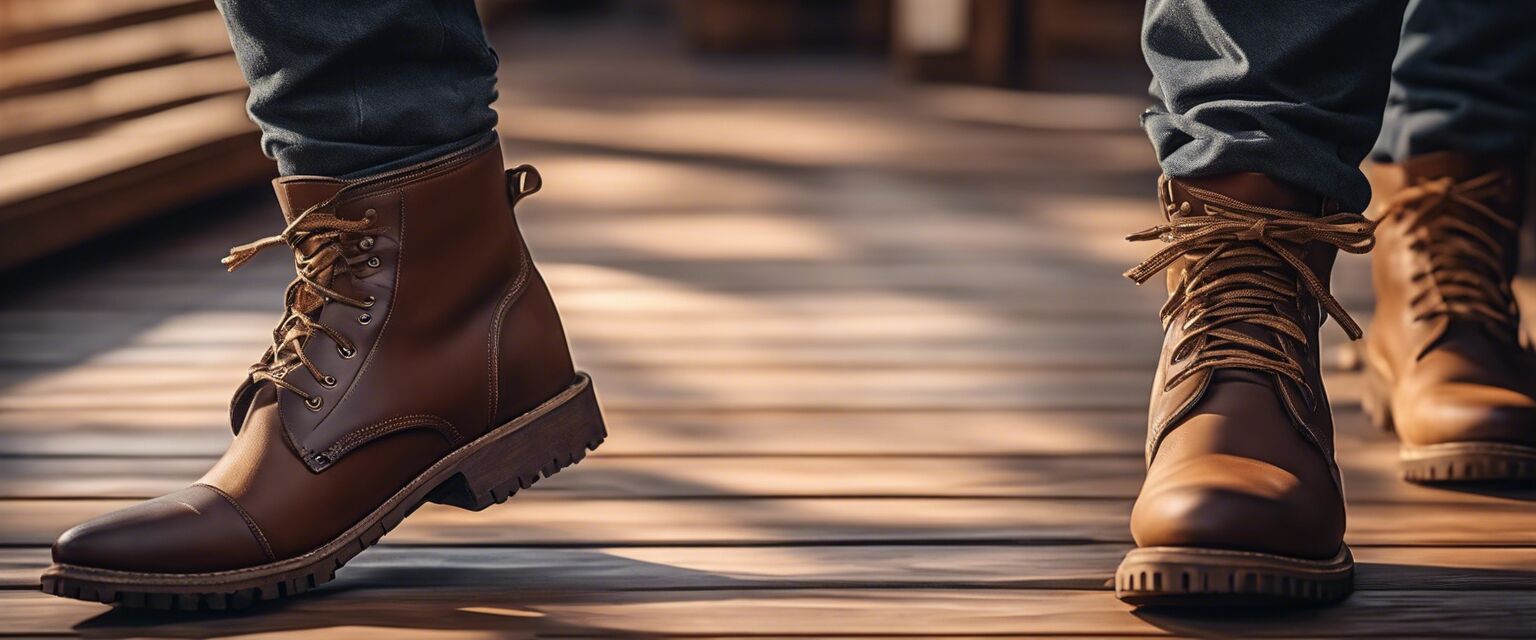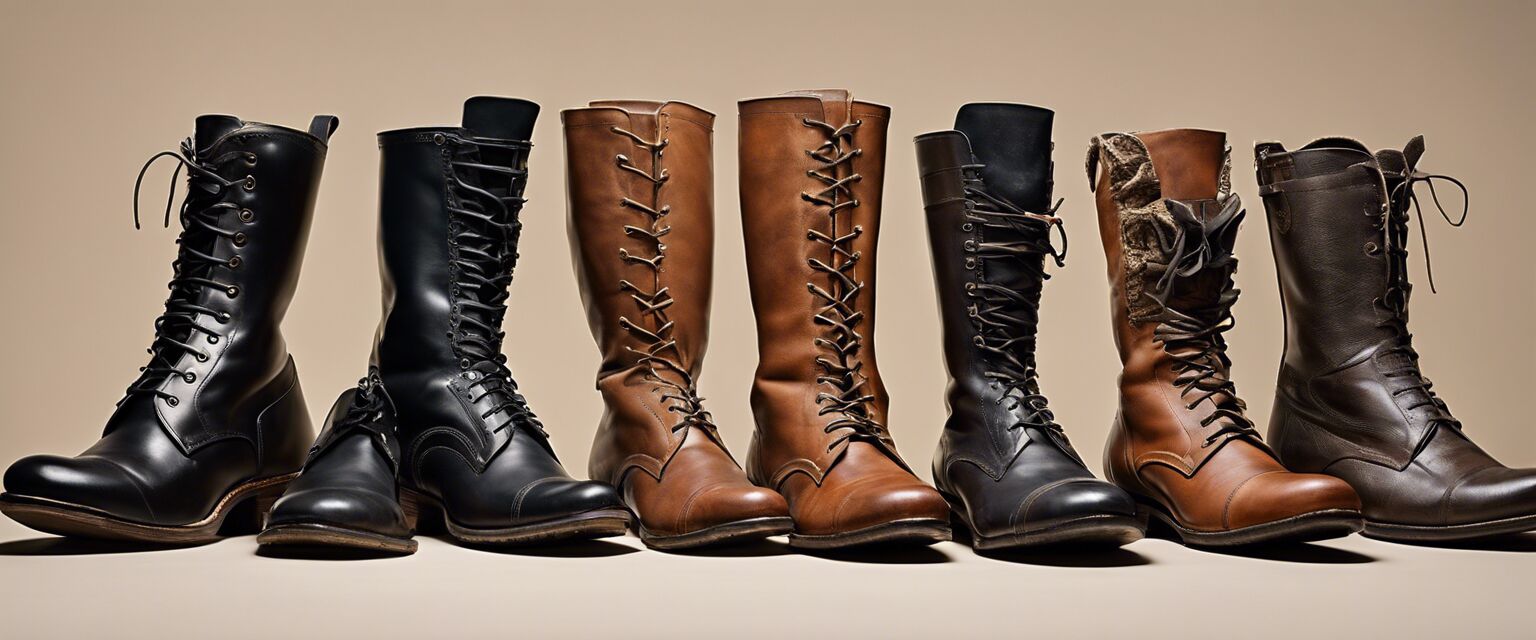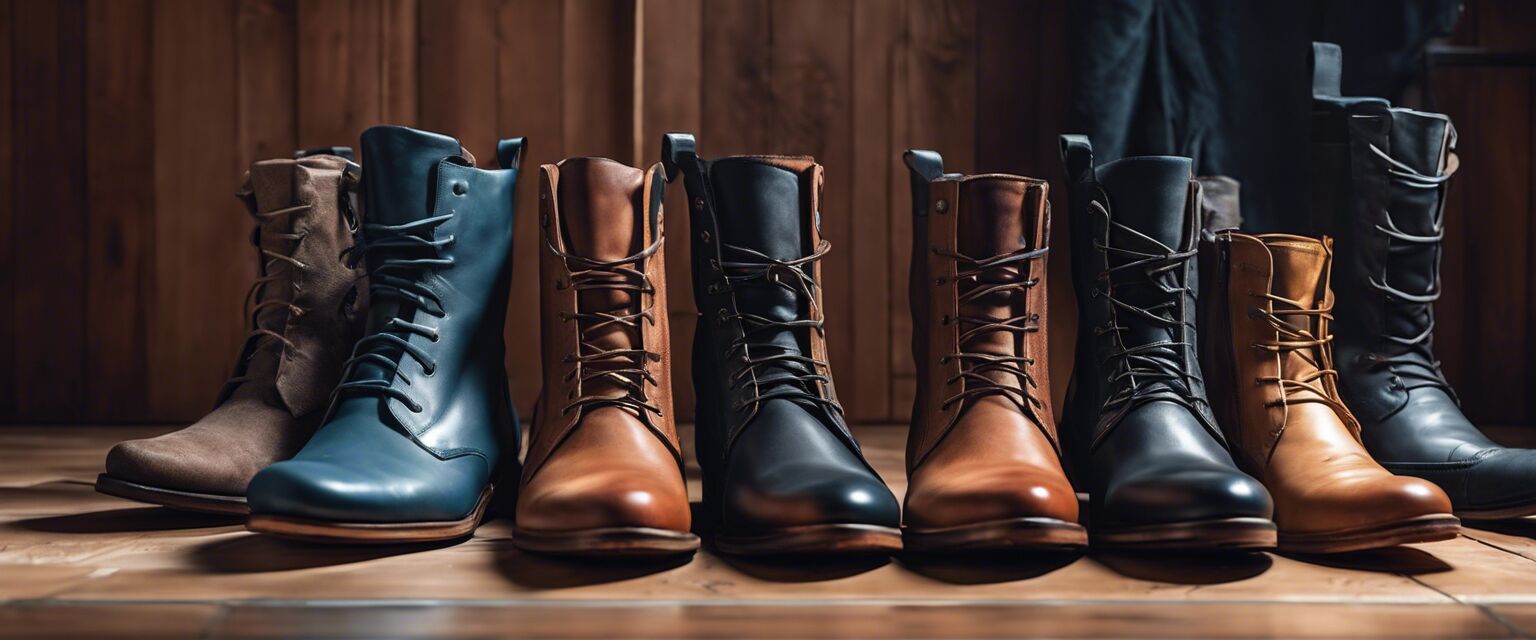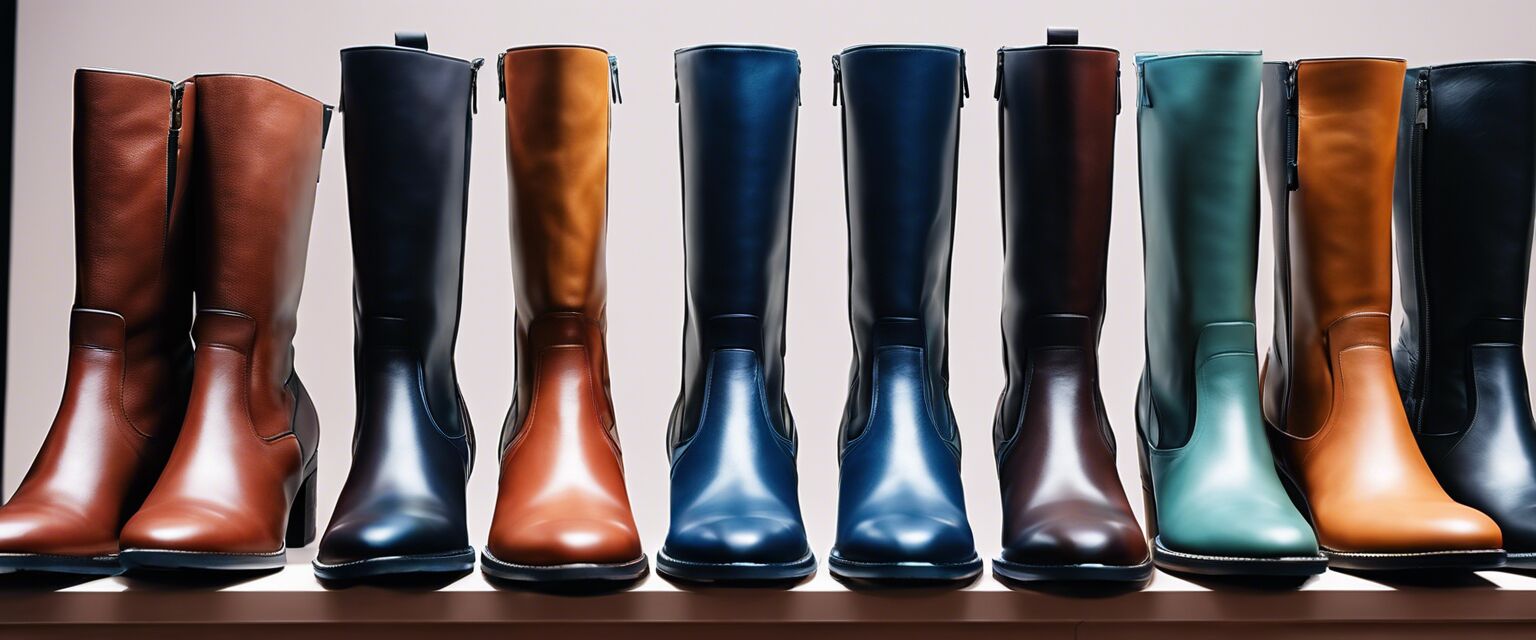
Material and Technology in Stretch Boots
Welcome to our comprehensive guide on the materials and technology that form the foundation of stretch boots. As a popular choice for both fashion and functionality, stretch boots are designed to provide comfort, style, and a perfect fit. In this article, we will delve into the various materials and technologies that make these boots a top choice for many. Let's explore!
Key Takeaways
- Stretch boots are made from a variety of innovative materials.
- Technology in manufacturing enhances comfort and fit.
- Understanding materials helps in proper care and longevity.
Understanding Stretch Boots
Stretch boots are designed to conform to the shape of the foot, providing a snug yet comfortable fit. They are popularly made with materials such as:
- Elastic fabrics
- Leather
- Suede
- Rubber
- Textiles with stretch properties
Materials Used in Stretch Boots
Each material has its unique qualities that contribute to the overall functionality of stretch boots. Below, we outline some common materials used in their creation:
| Material | Characteristics | Benefits |
|---|---|---|
| Elastic Fabric | Lightweight, breathable, stretchy | Provides flexibility and comfort |
| Leather | Durable, weather-resistant, classic style | Offers long-lasting wear and timeless appeal |
| Suede | Soft, luxurious, pliable | Contributes to a fashionable look with comfort |
| Rubber | Waterproof, high traction | Great for wet conditions, providing grip |
| Stretch Textiles | Enhanced stretch, easy to clean | Stretches to fit various shapes and sizes |
Technology in Stretch Boots
The incorporation of advanced technology into the design and manufacturing of stretch boots plays a crucial role in comfort and durability.
Manufacturing Techniques
- Seamless Construction: Reduces friction points, enhancing comfort.
- Molded Footbeds: Provides better arch support and cushioning.
- Waterproofing Technologies: Ensures feet stay dry in wet conditions.
Features Enhancing Performance
Stretch boots often come with features that augment their performance:
- Breathable Linings: Helps with moisture management and comfort.
- Shock Absorption: Reduces impact on feet during wear.
- Anti-Slip Soles: Offers safety on various surfaces.
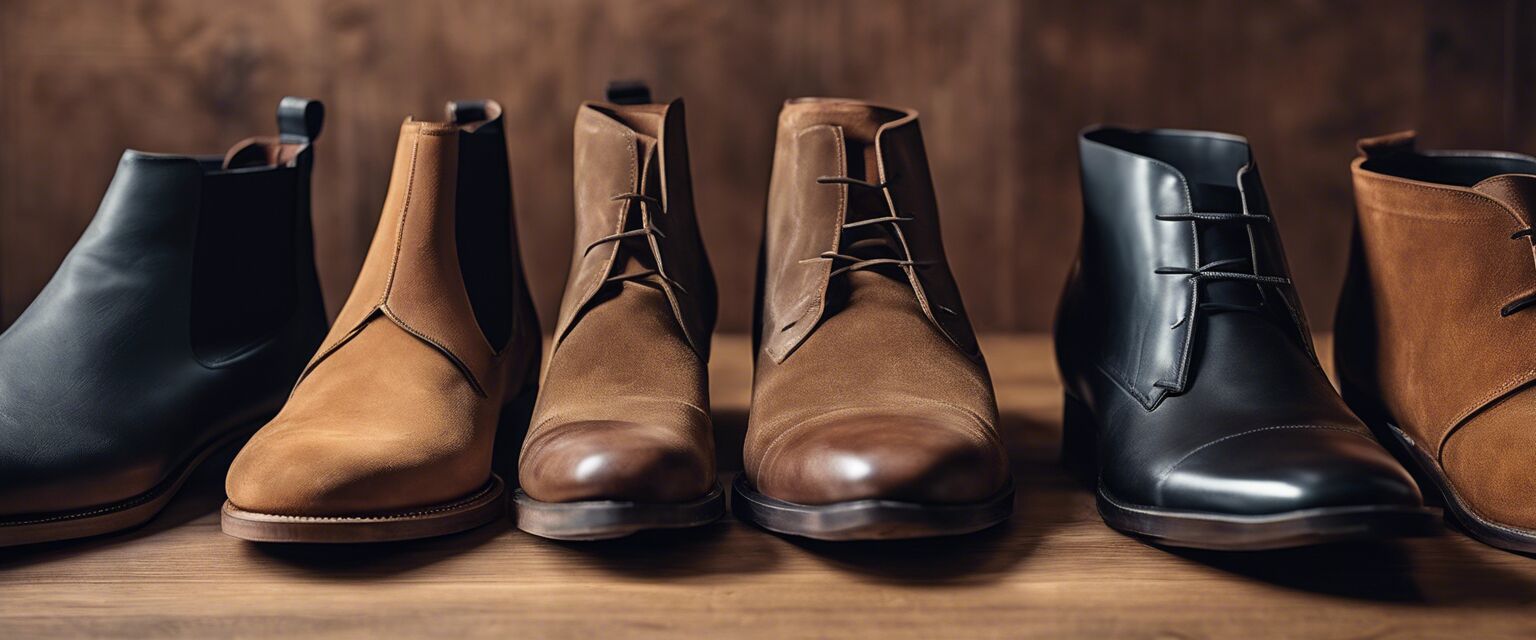
Choosing the Right Stretch Boots for You
Picking the perfect stretch boots involves understanding your style and activity needs. Consider the following factors:
Tips for Beginners
- Assess your foot shape and size before purchasing.
- Consider the primary use: casual, formal, or outdoor activities.
- Look for good customer reviews highlighting comfort and fit.
Caring for Your Stretch Boots
Proper care can extend the life of your stretch boots. Here are some maintenance tips:
- Regularly clean them based on the material. Leather may need conditioning while fabric requires gentle brushing.
- Store them in a cool, dry place to avoid damage.
- Consider using waterproof sprays for added protection against moisture.
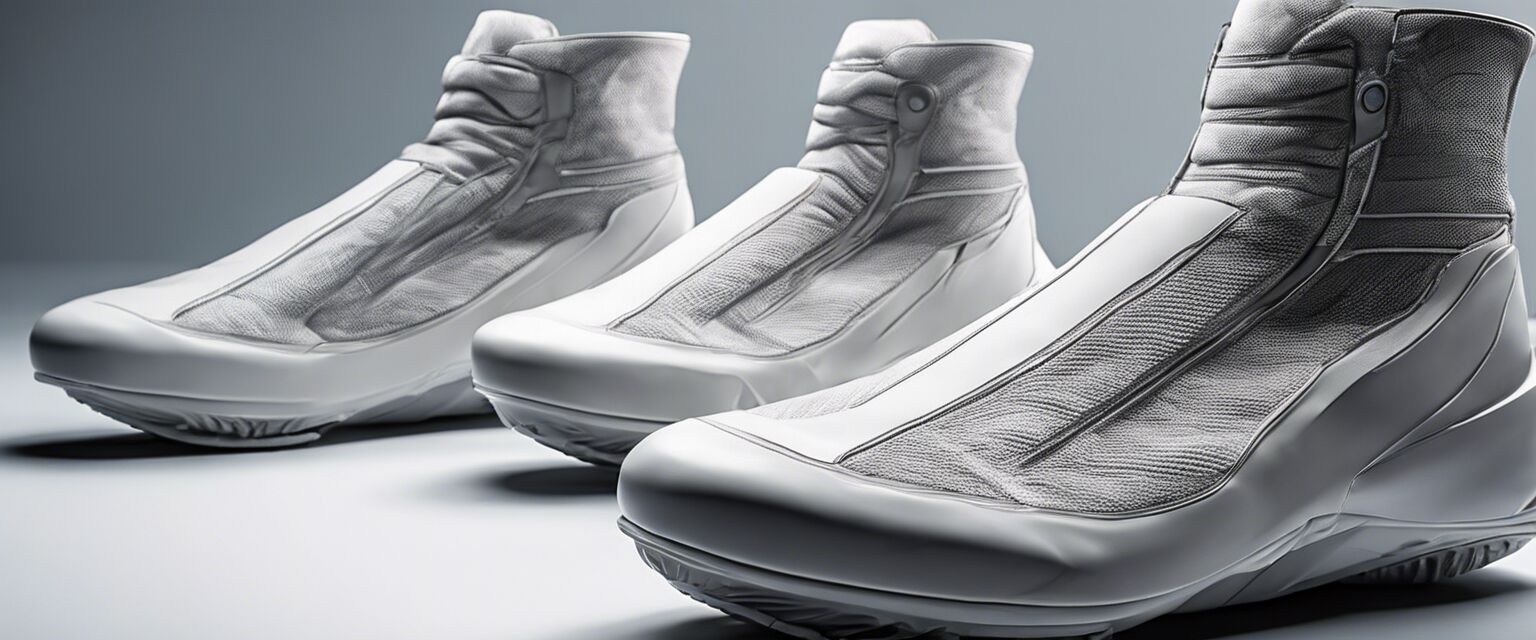
Conclusion
Stretch boots are not just about style; the combination of innovative materials and cutting-edge technology makes them a popular choice for many consumers. Whether you are looking for ankle boots, knee-high options, or stylish over-the-knee boots, understanding the materials and technologies behind them can greatly enhance your shopping experience. For more information, check out our Ankle Boots, Knee-High Boots, Over-the-Knee Boots, Platform Boots, and Winter Boots categories.
Pros
- Available in various stylish designs.
- Comfortable fit due to stretchable materials.
- Durable and resistant to wear and tear.
Cons
- Some materials may trigger allergies.
- Care requirements may differ based on the material.
- Can vary in price depending on the technology used.
